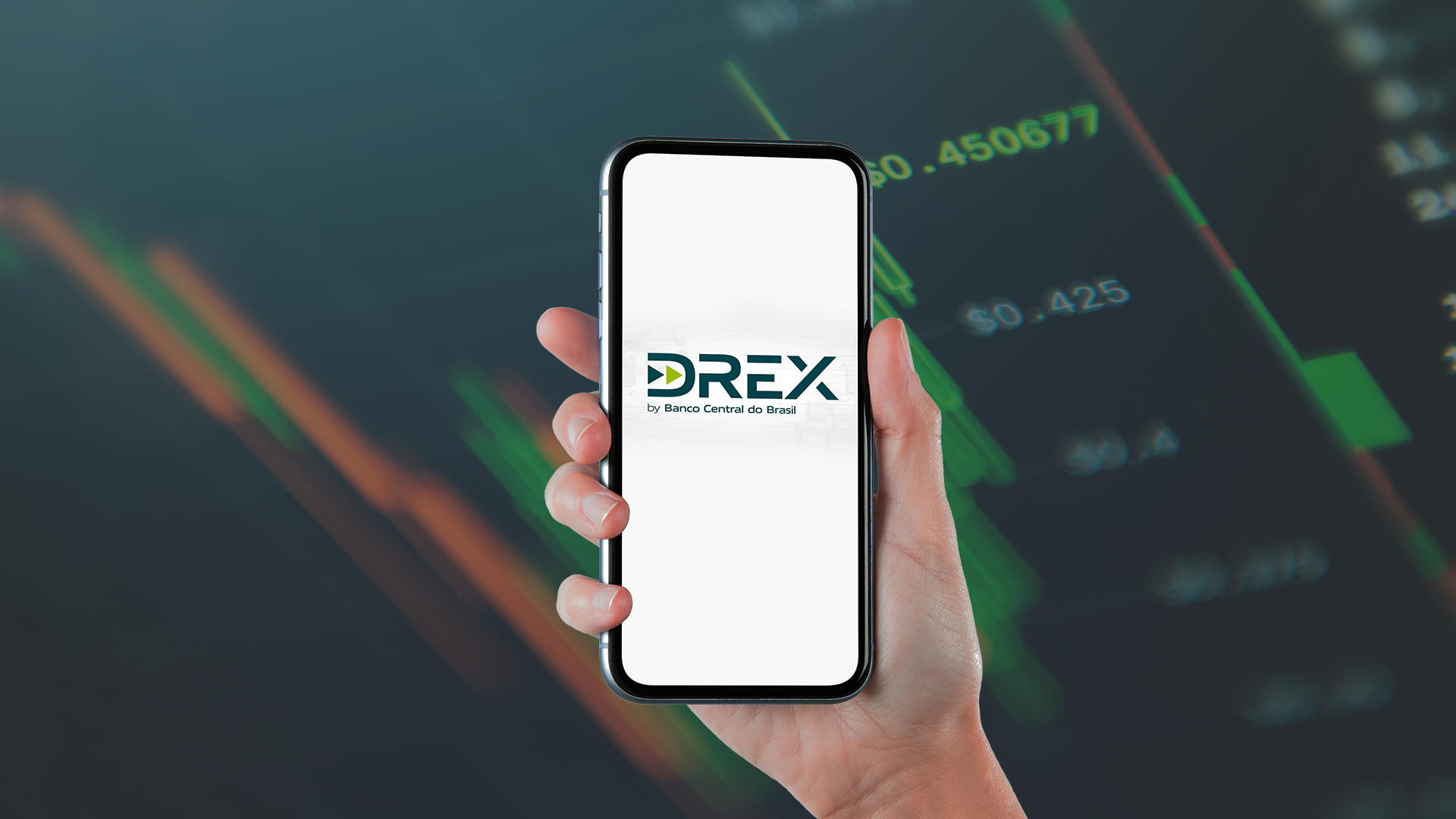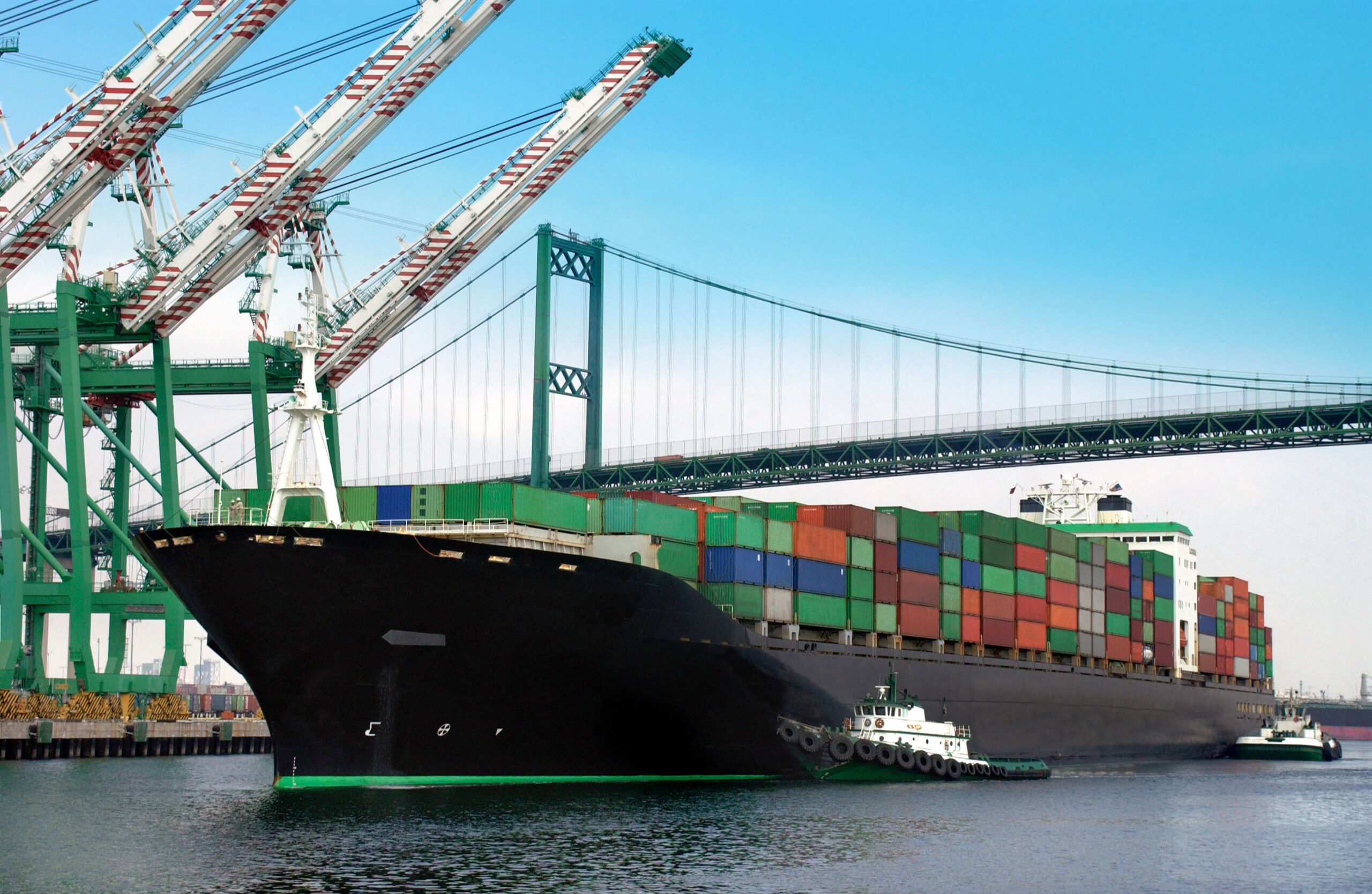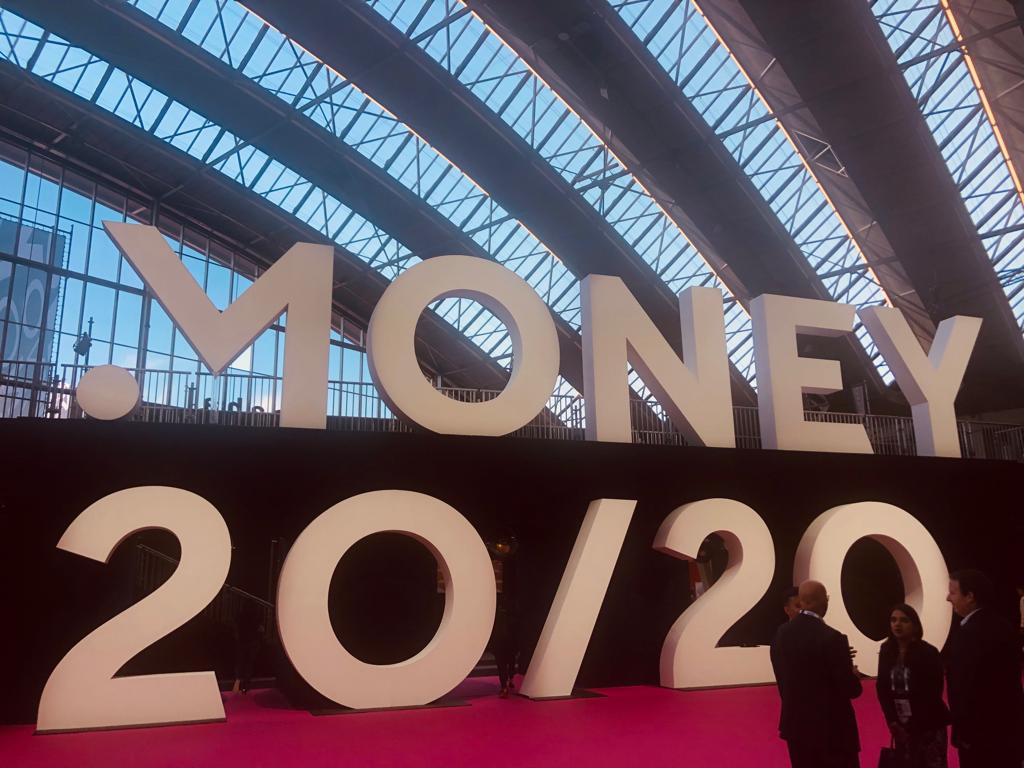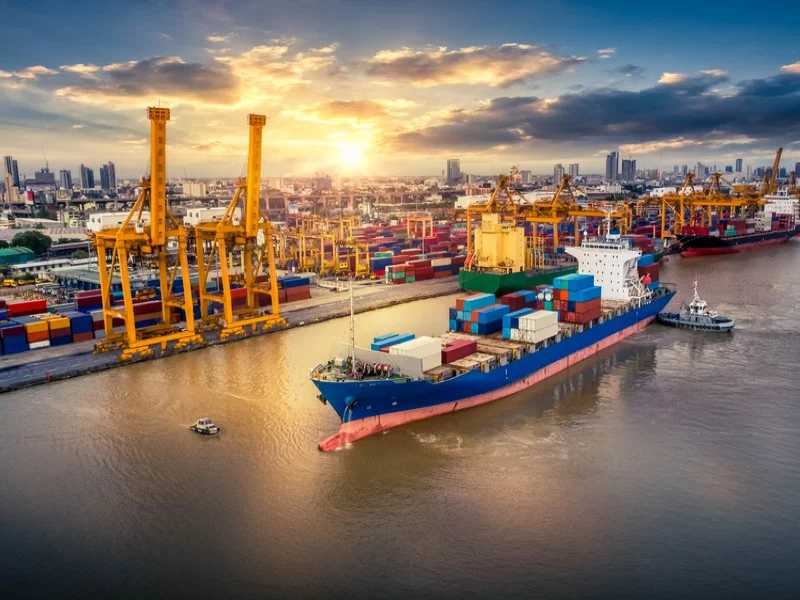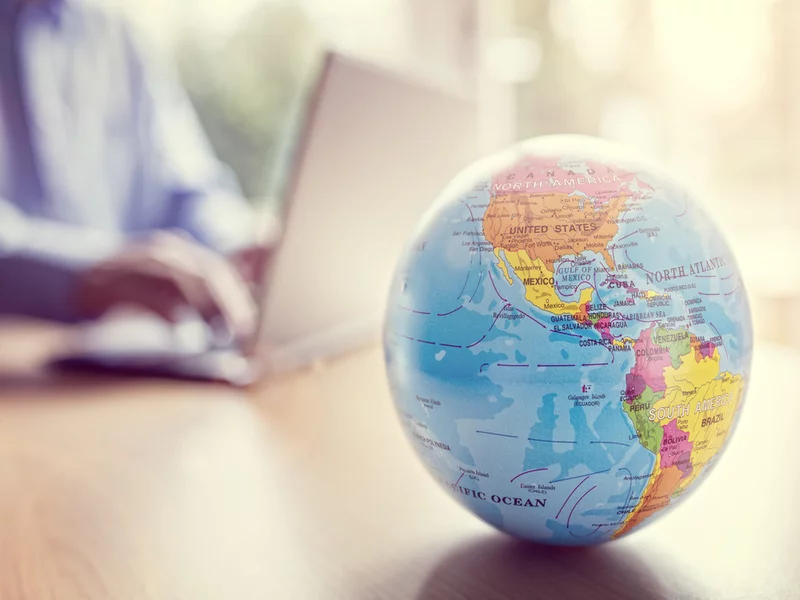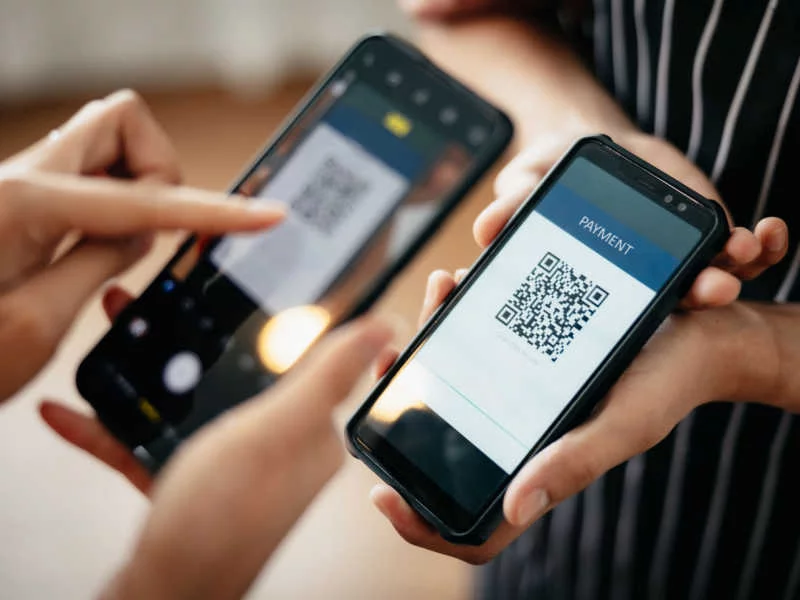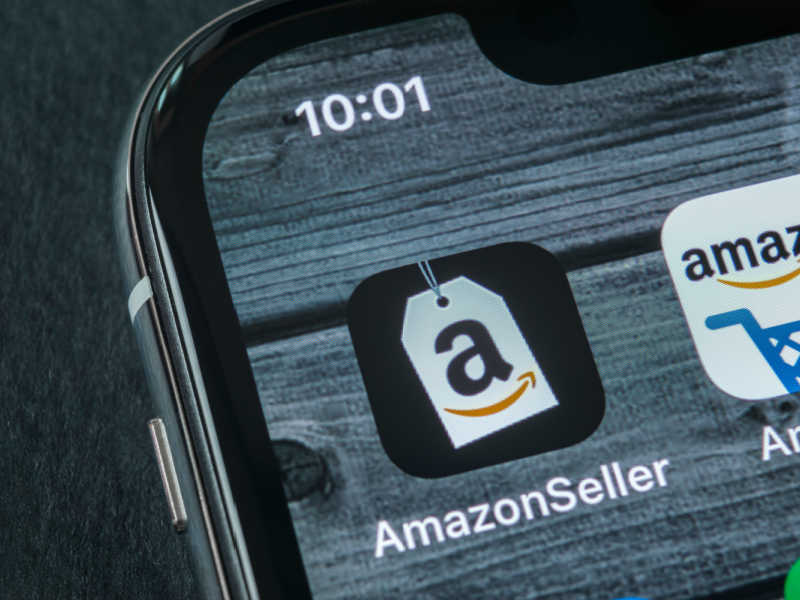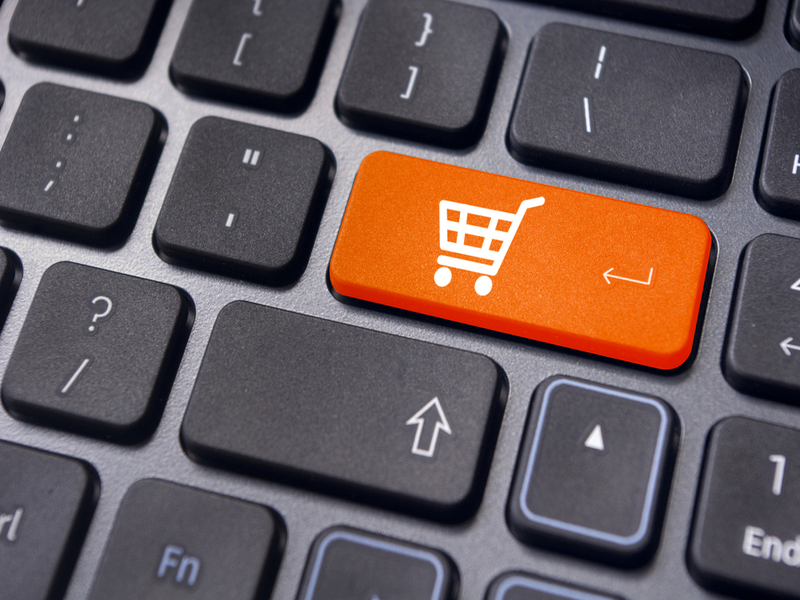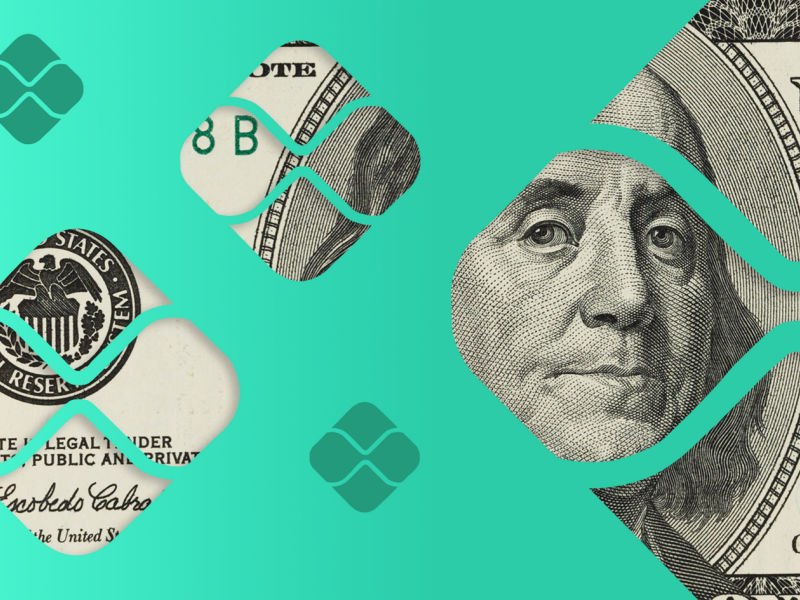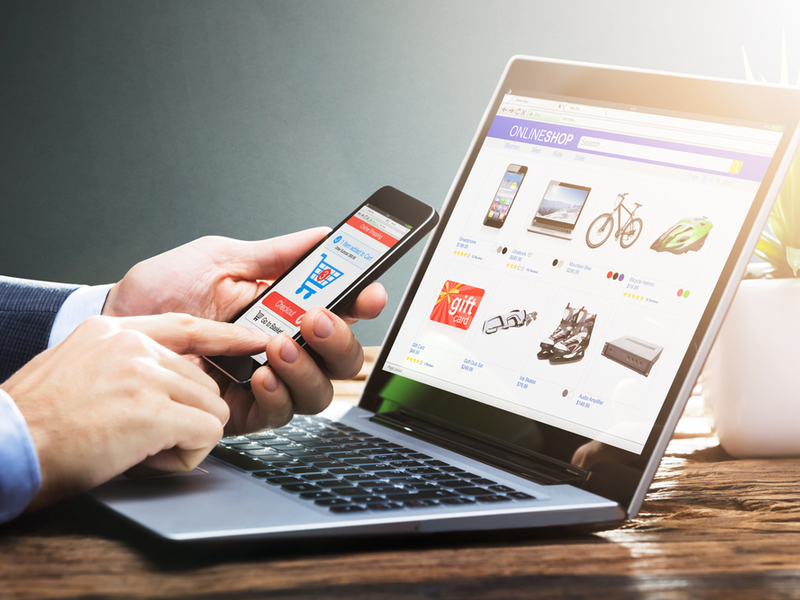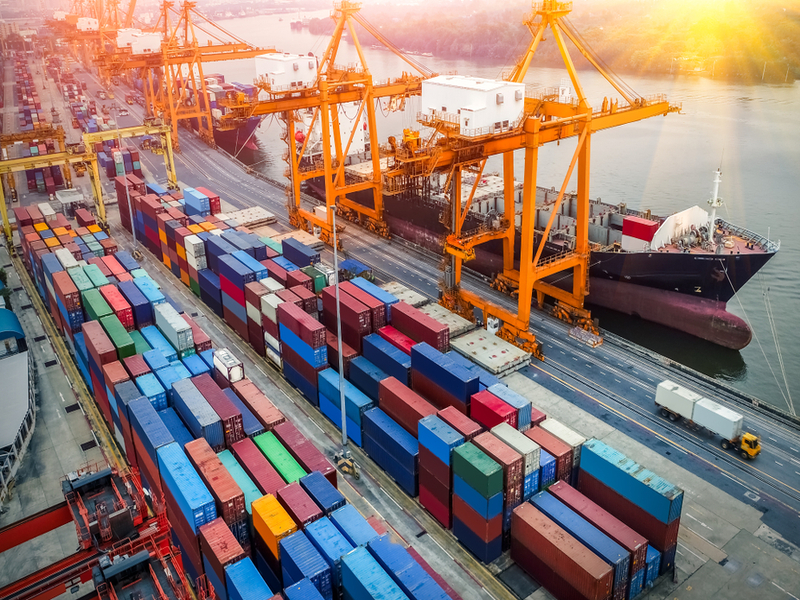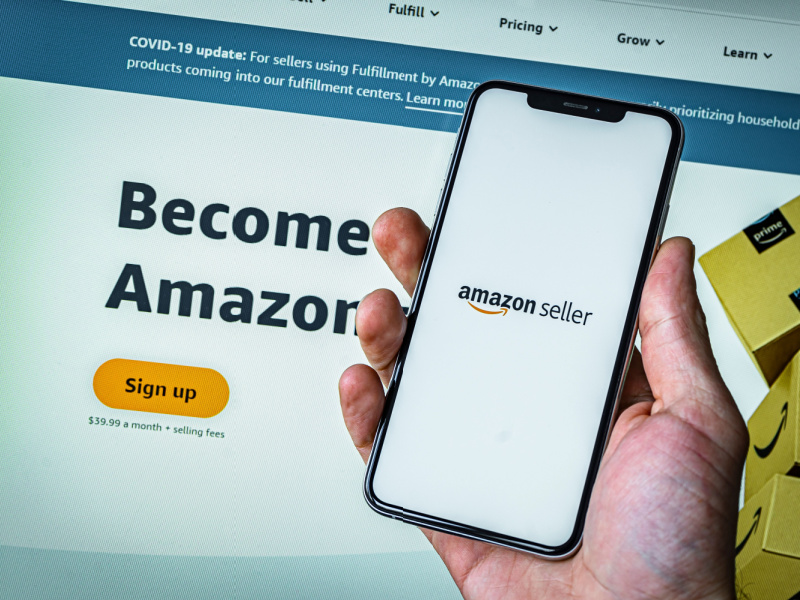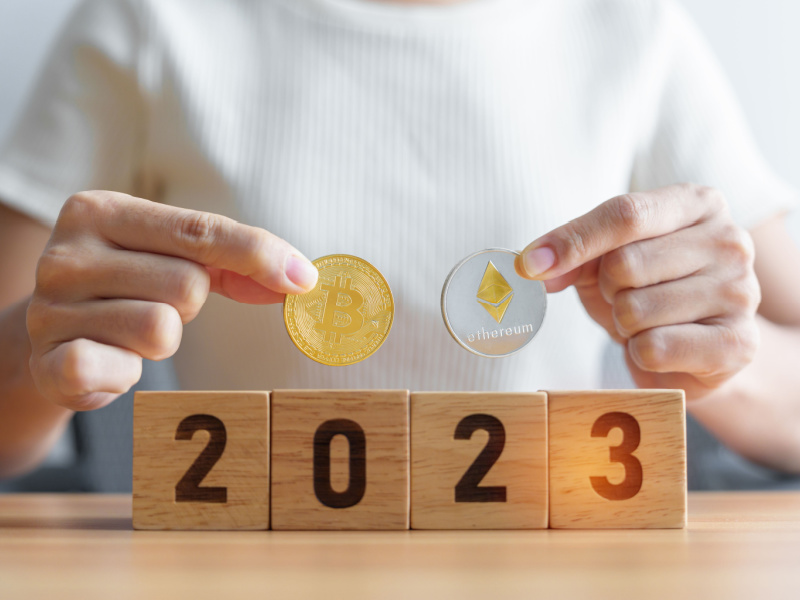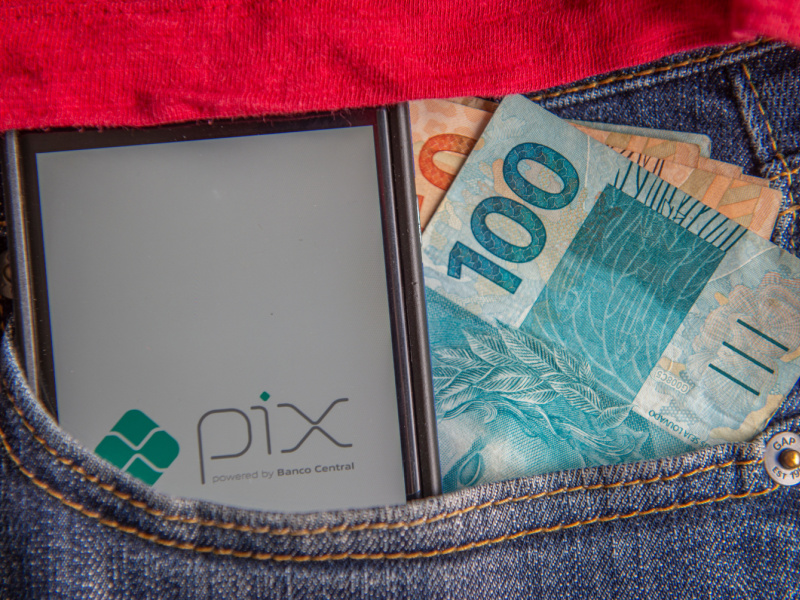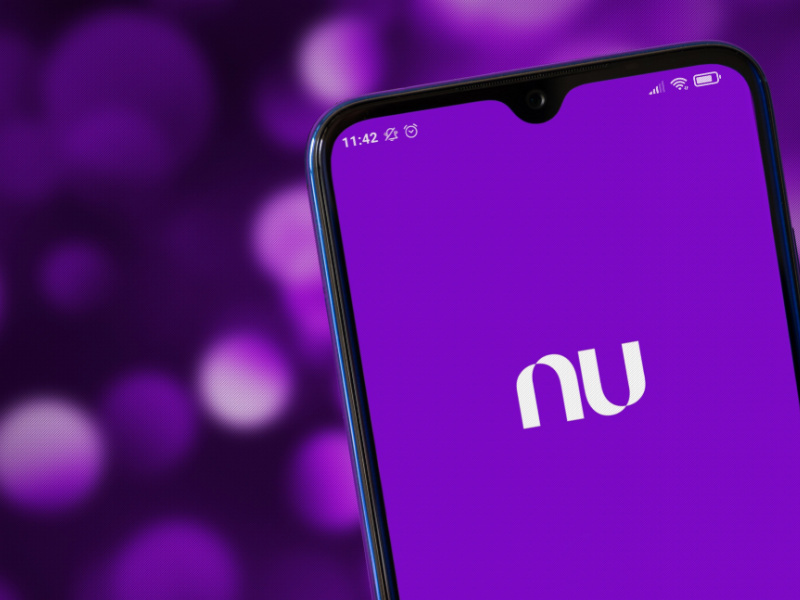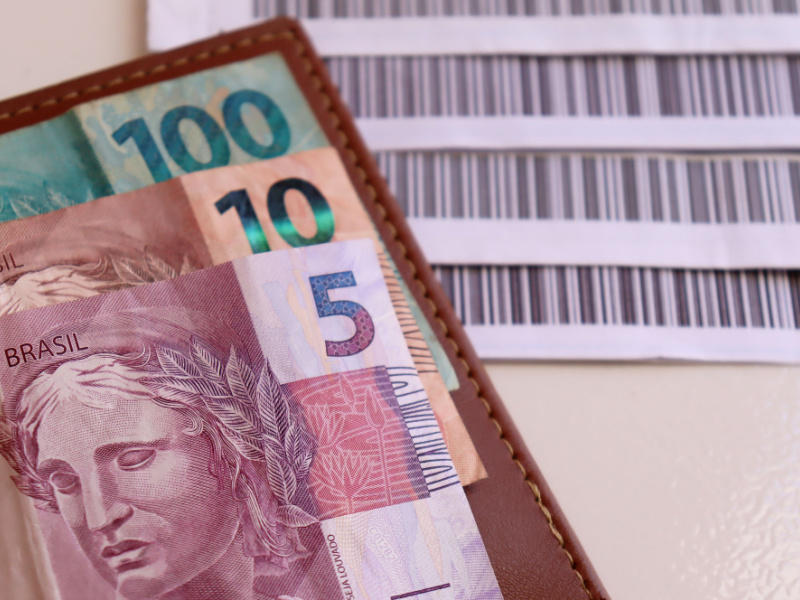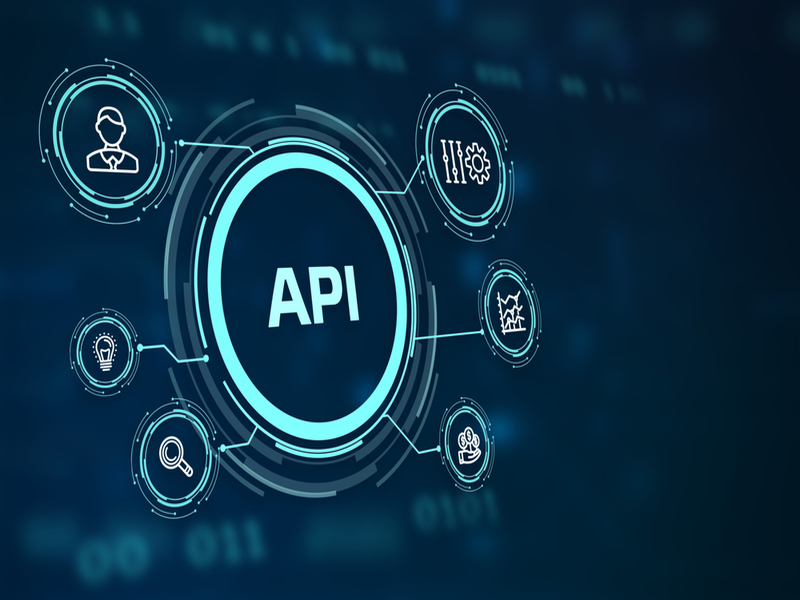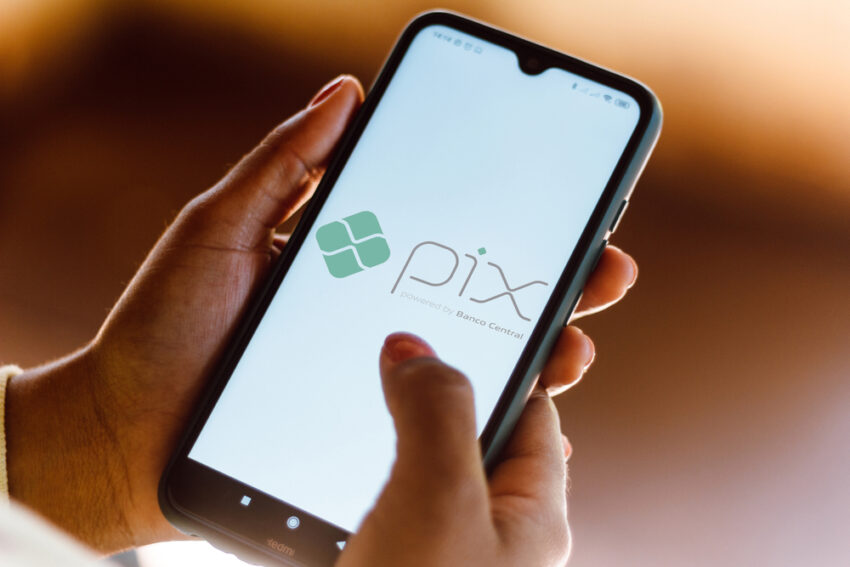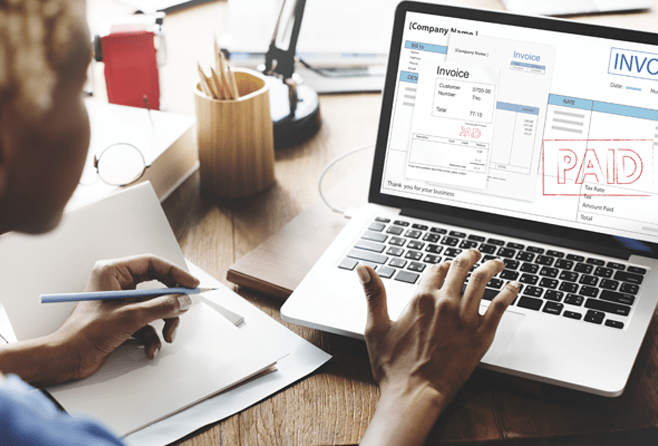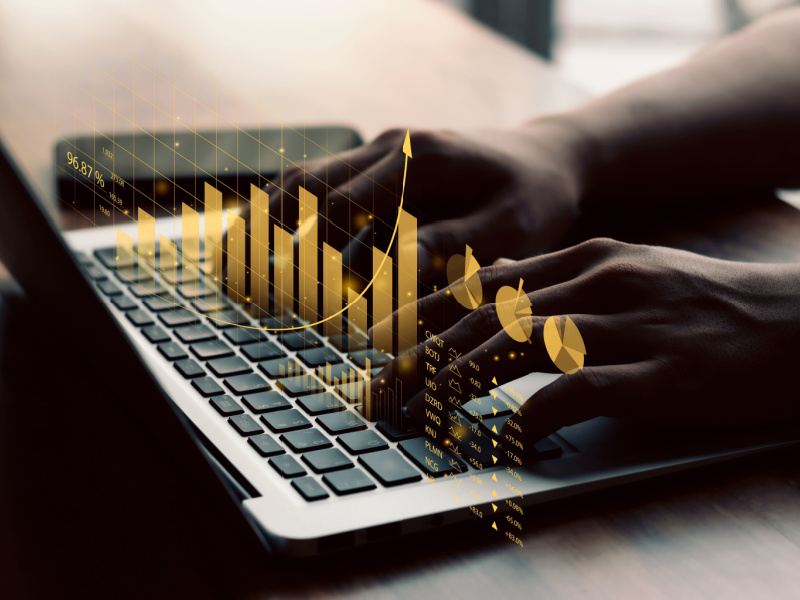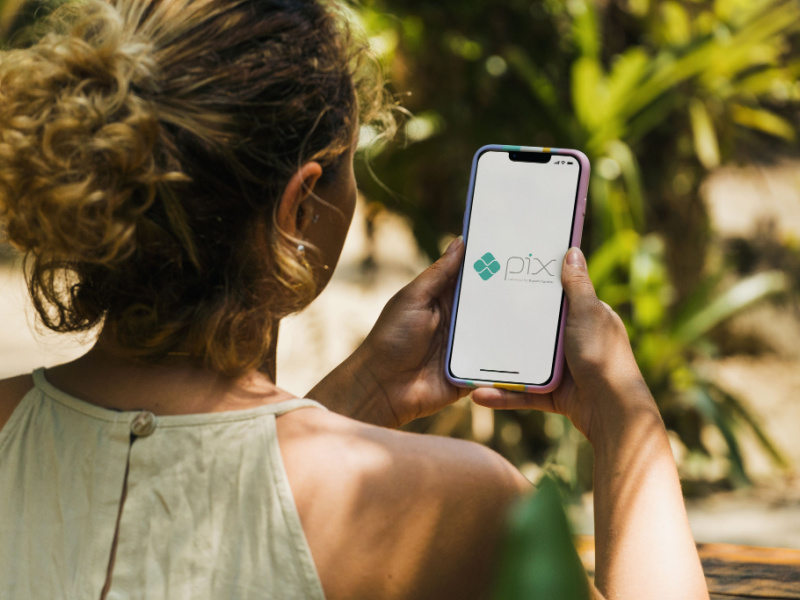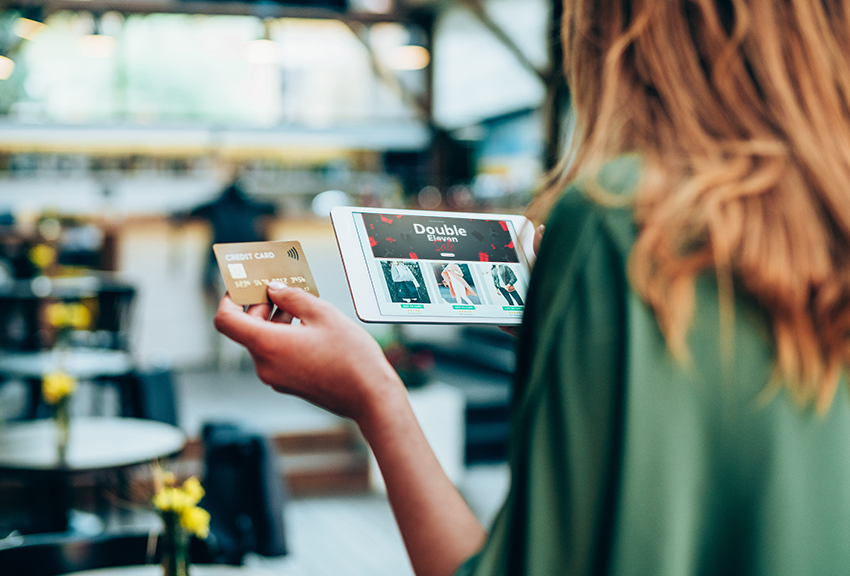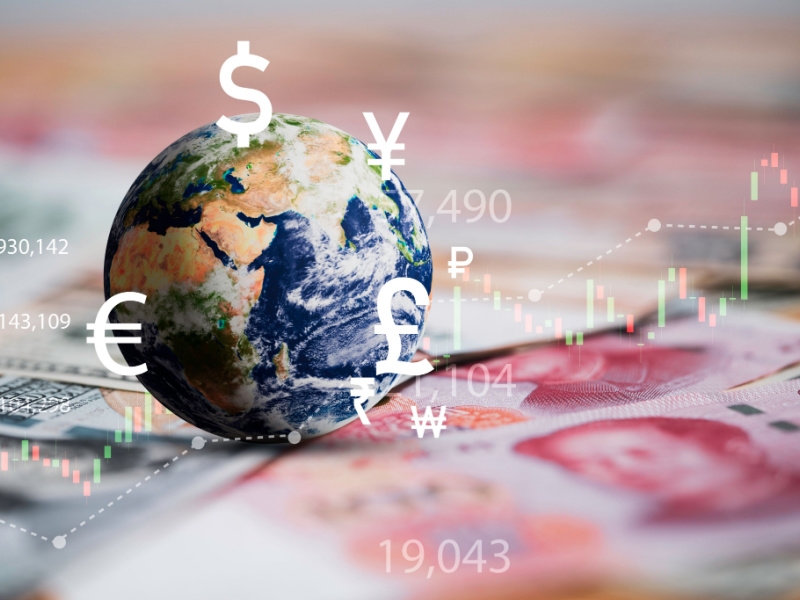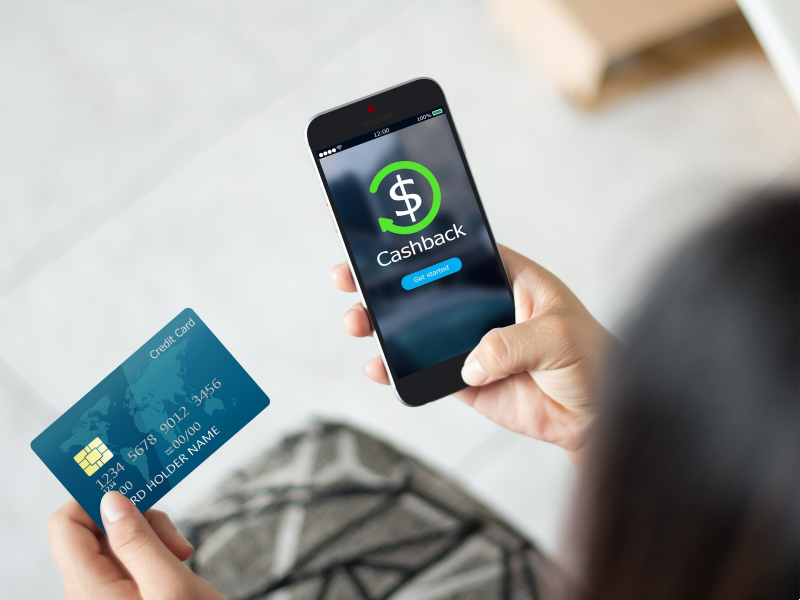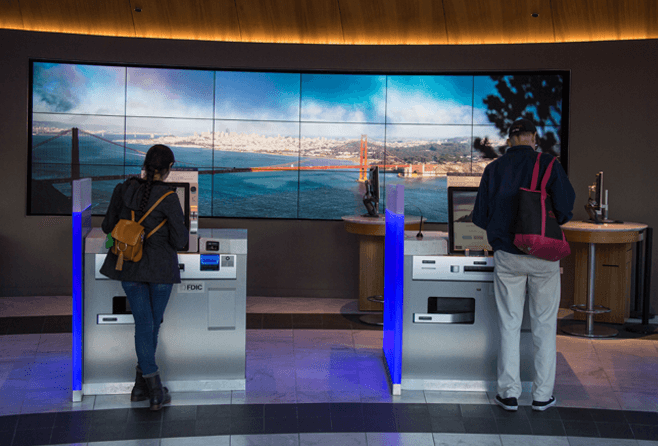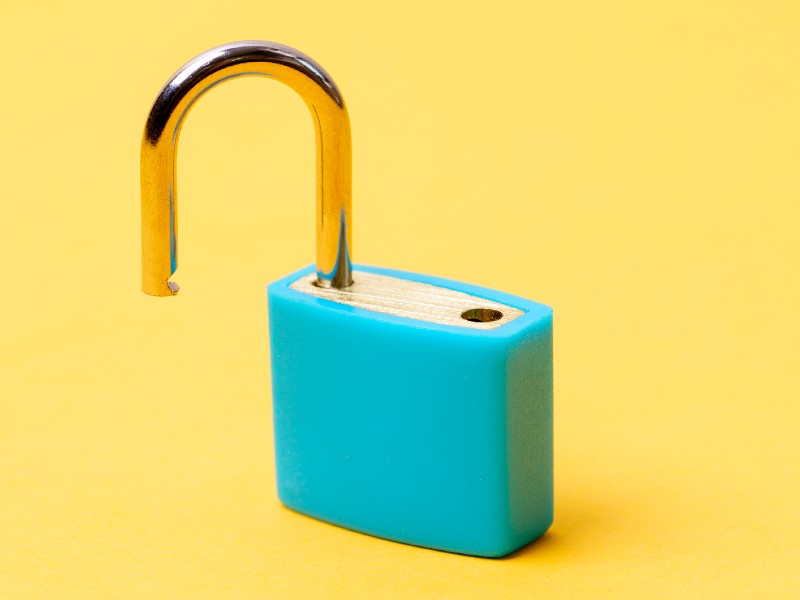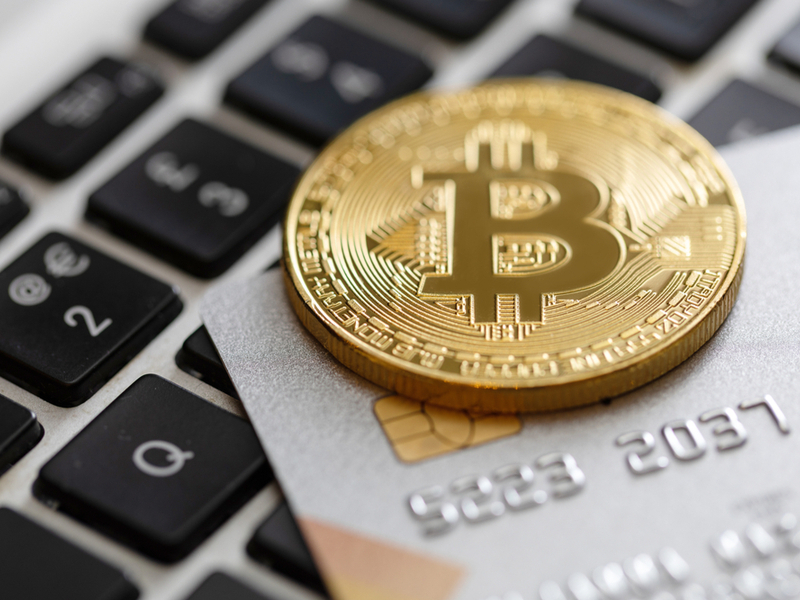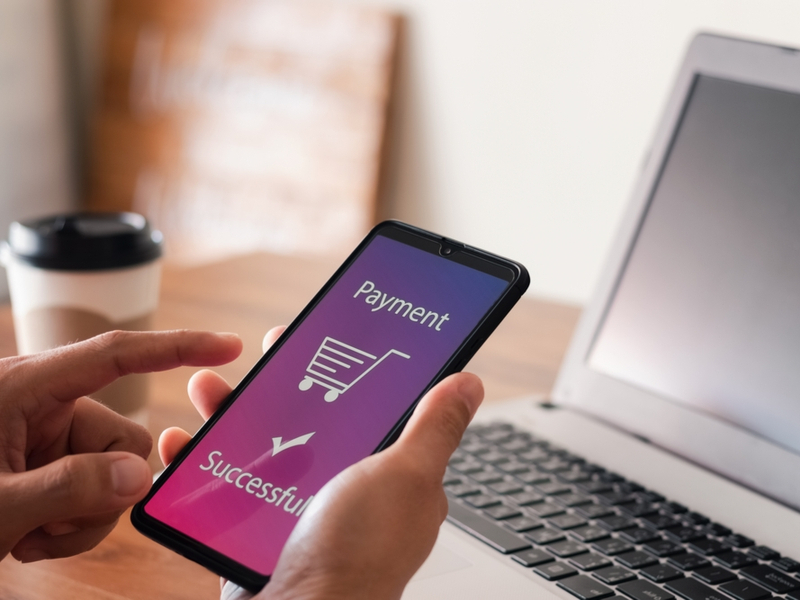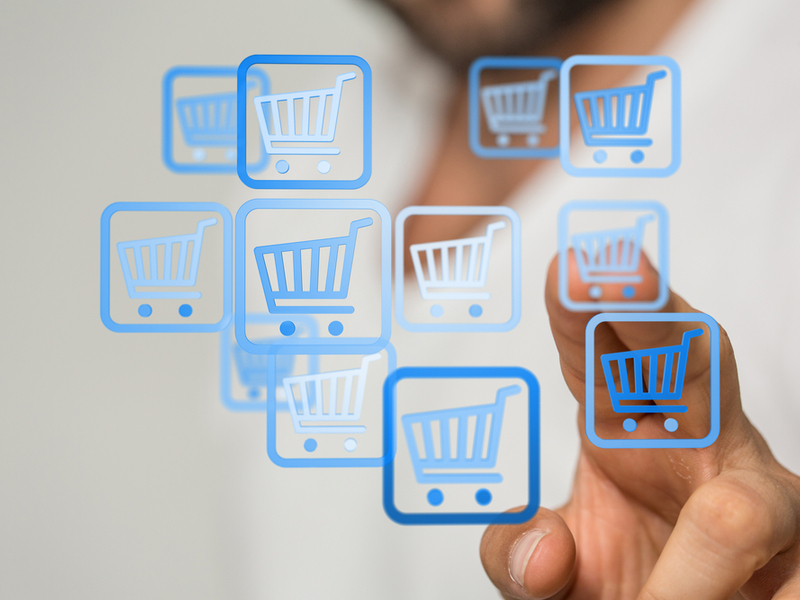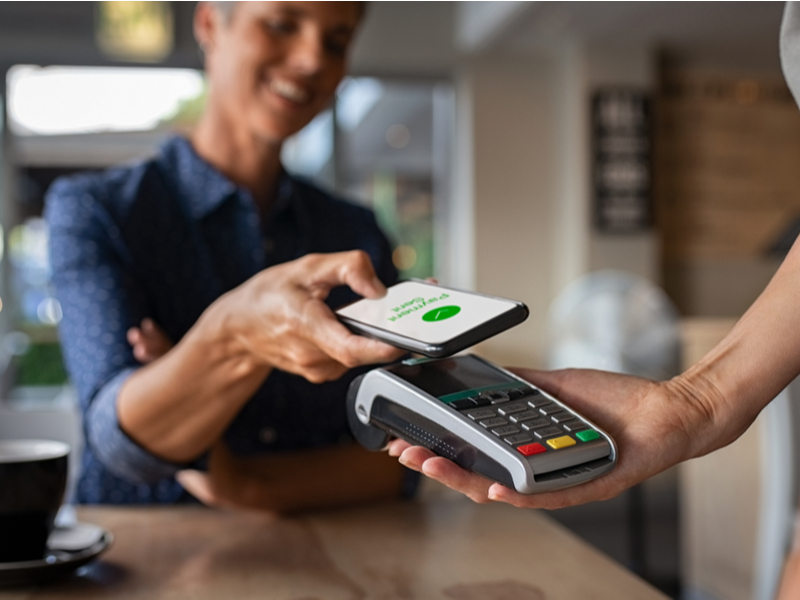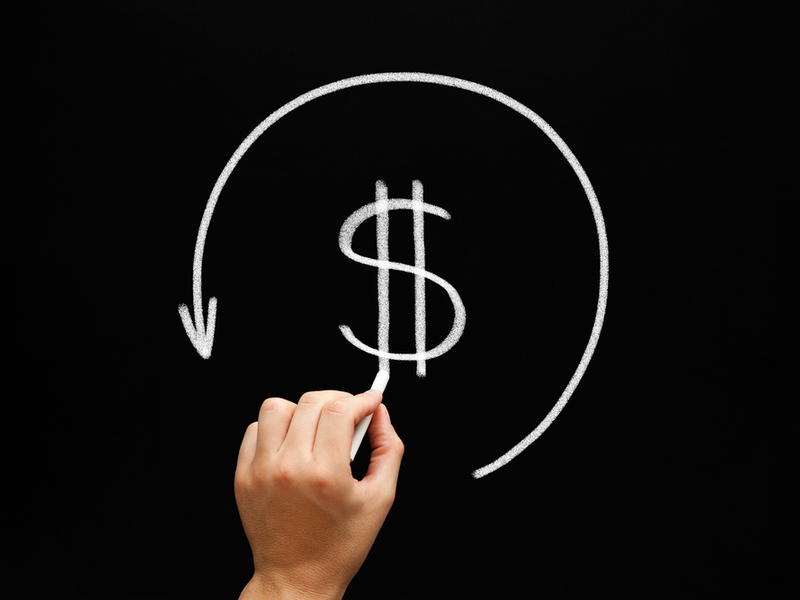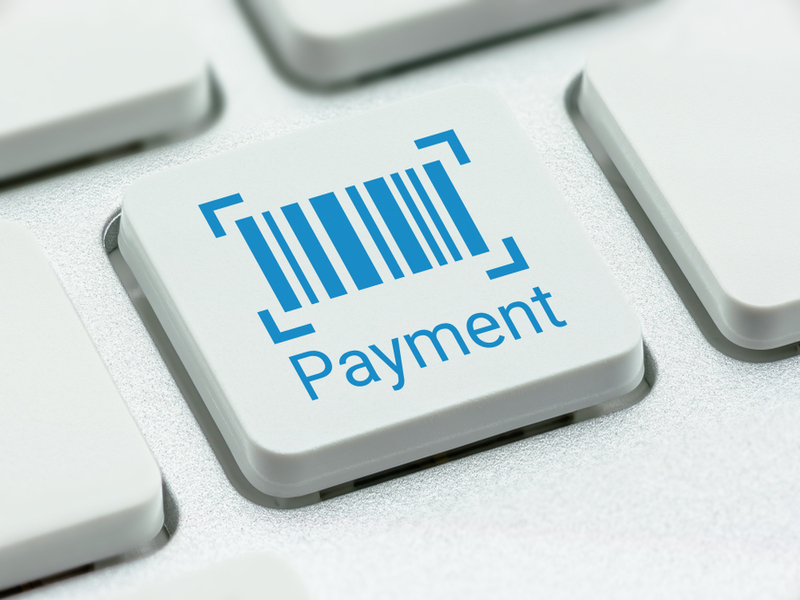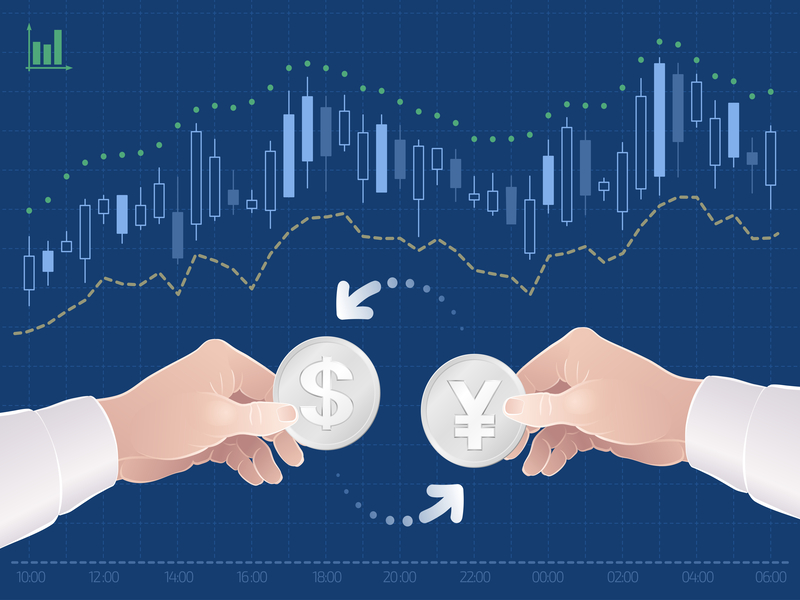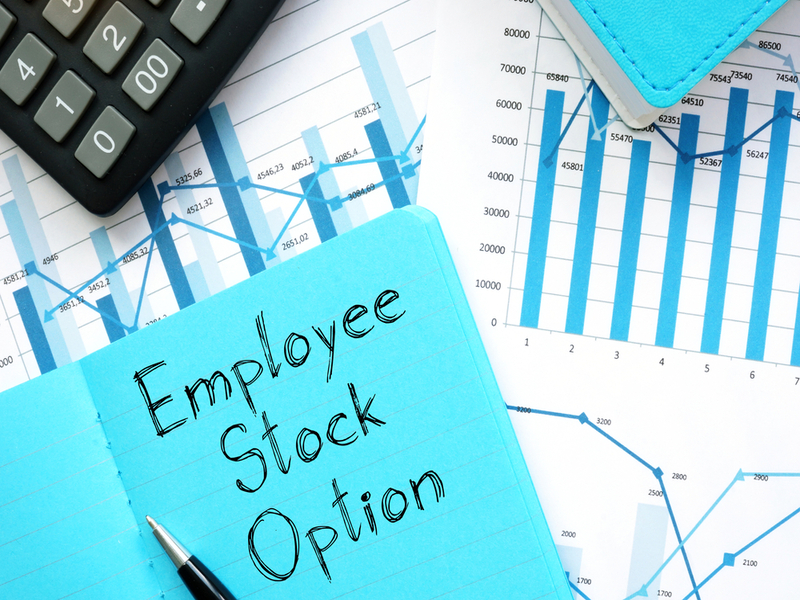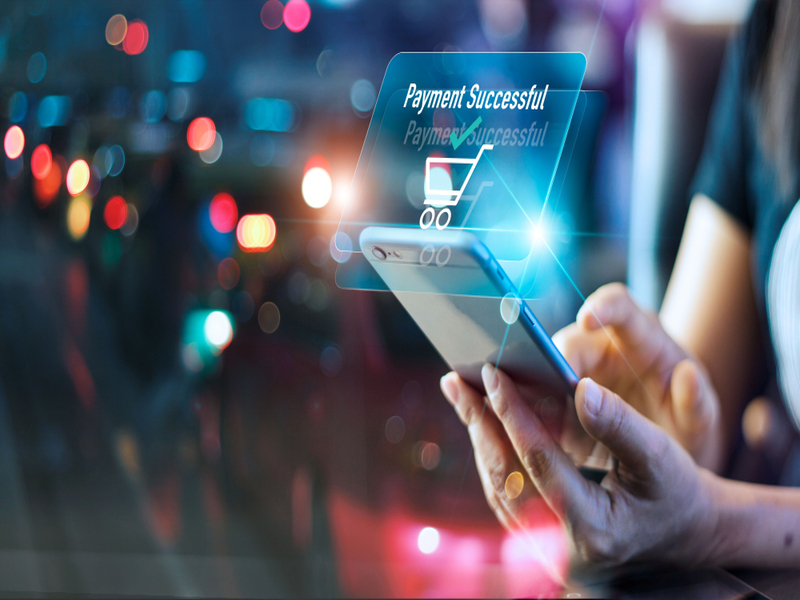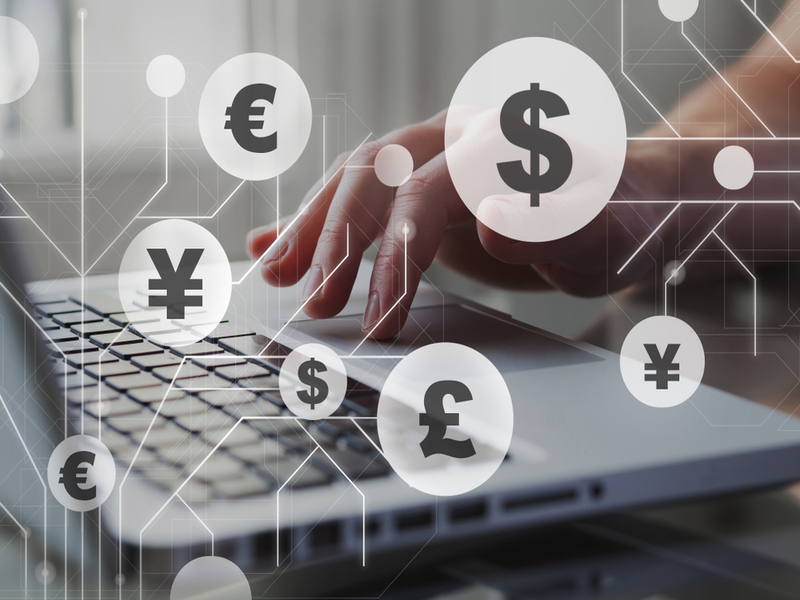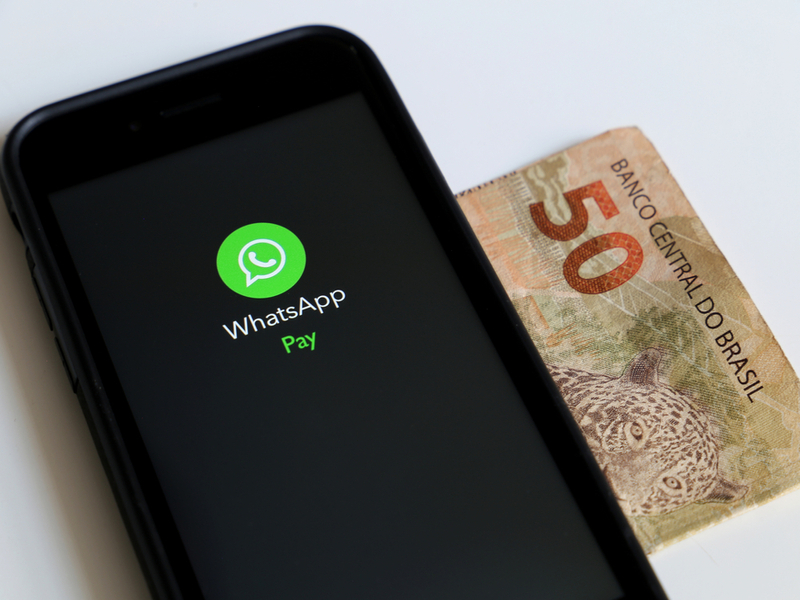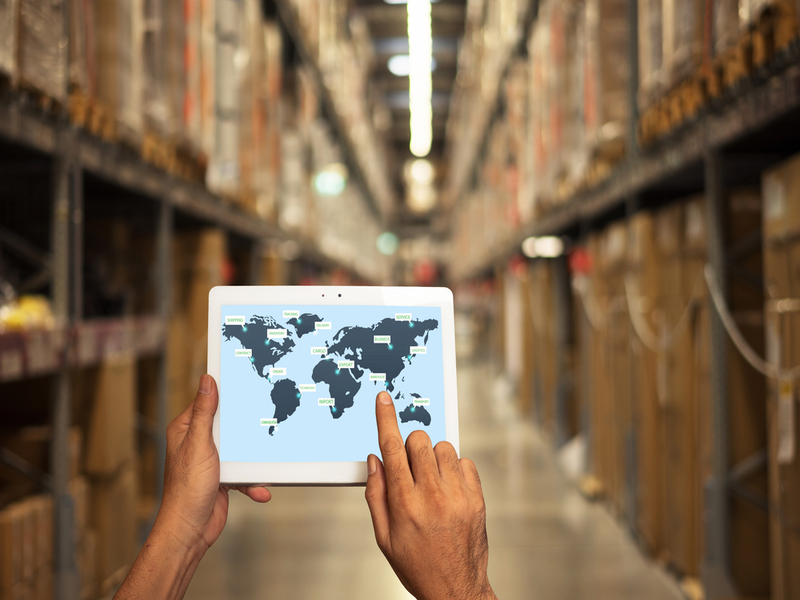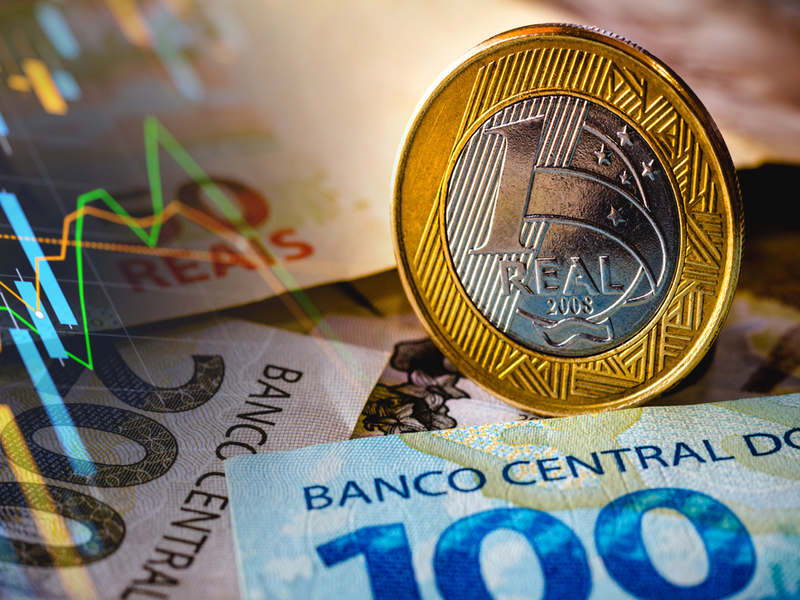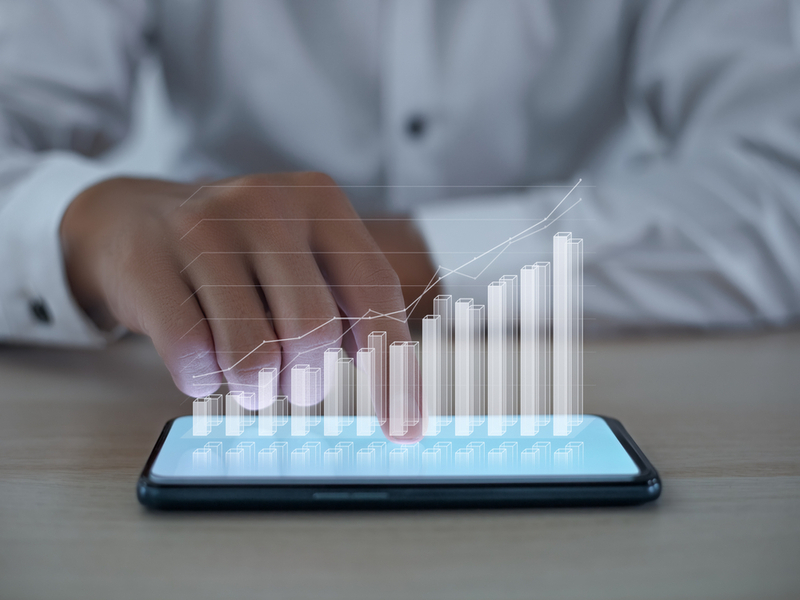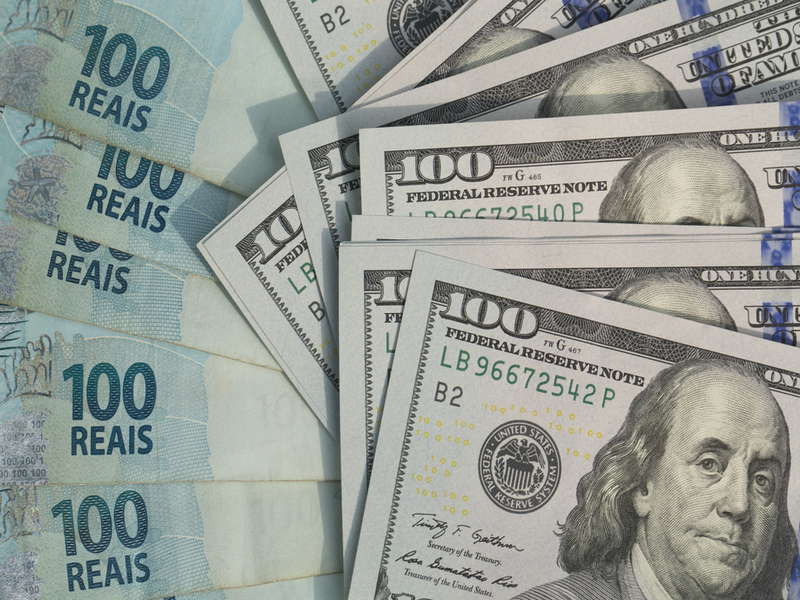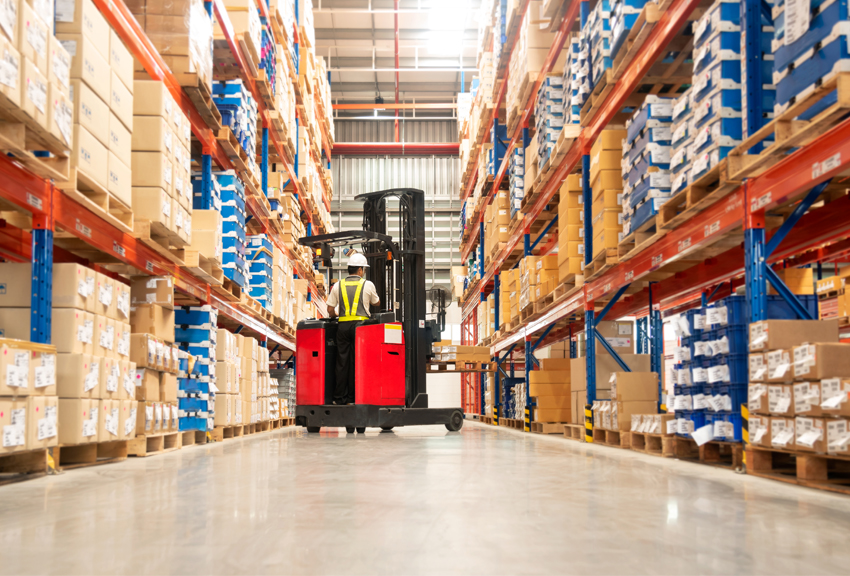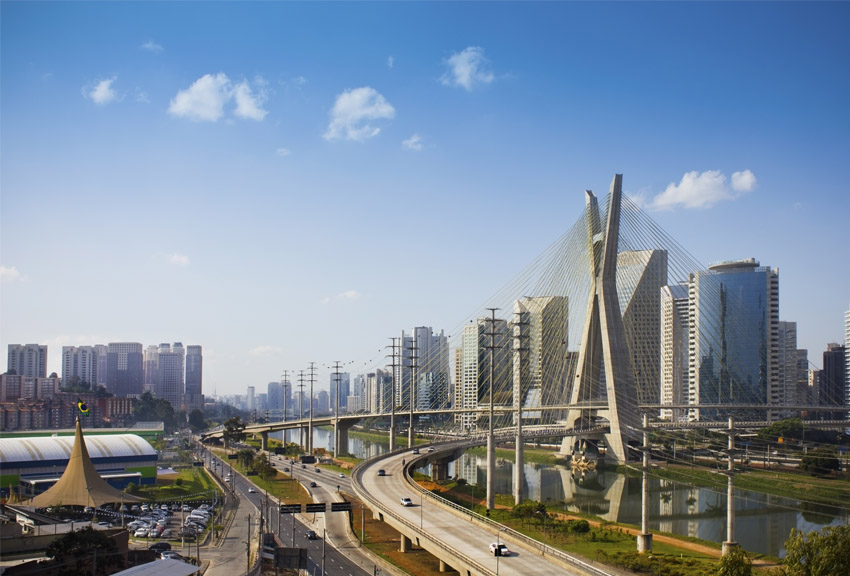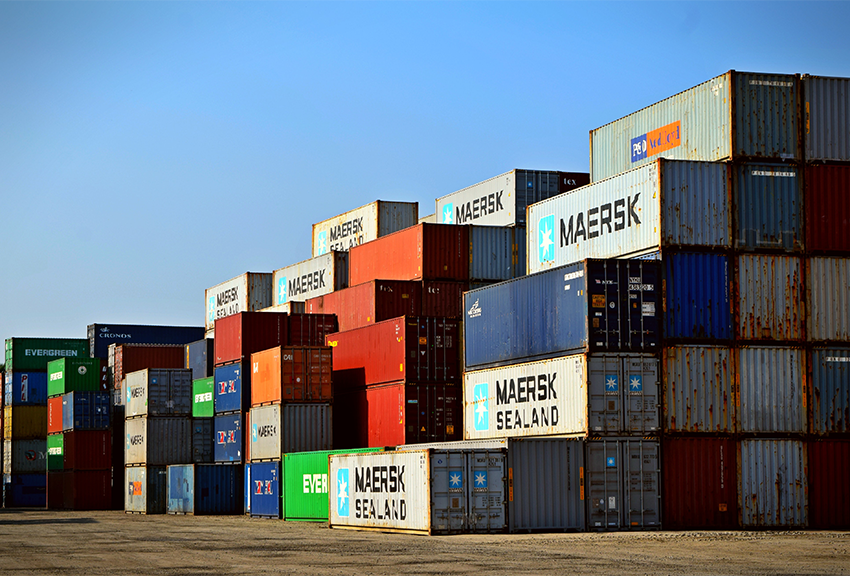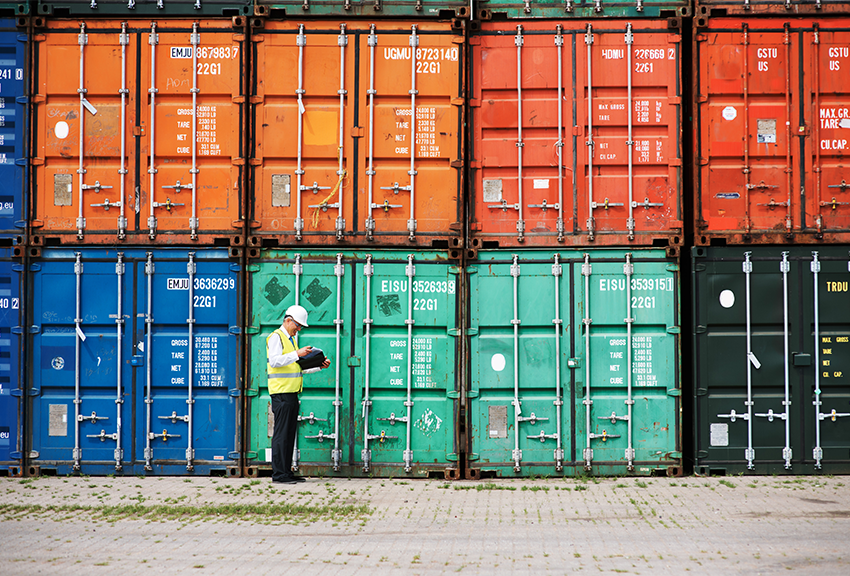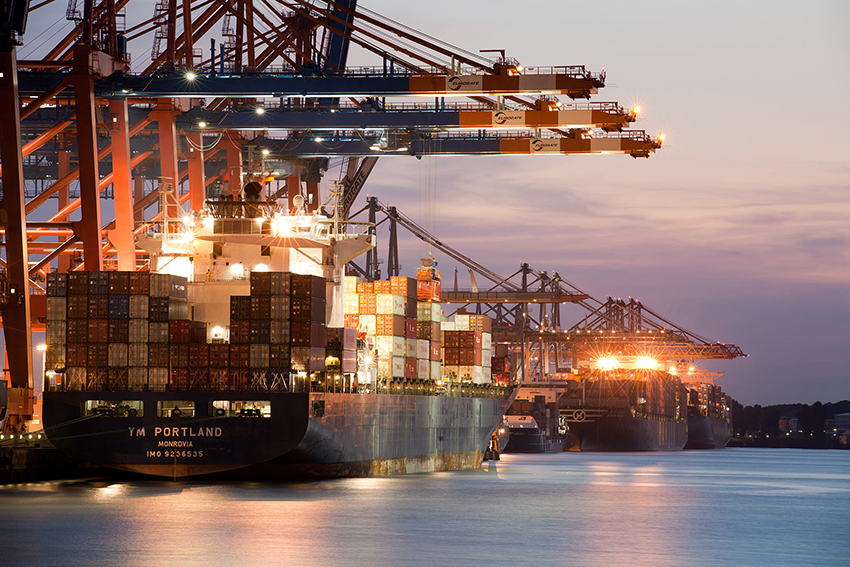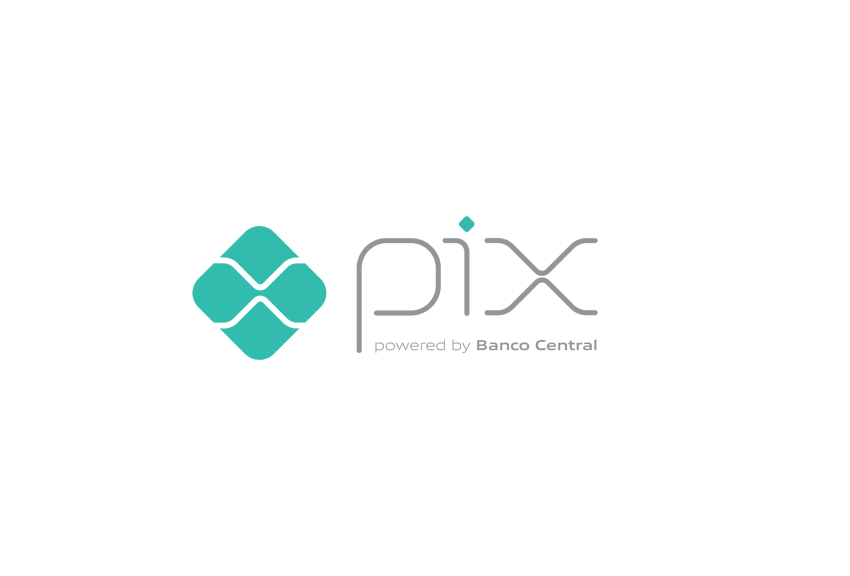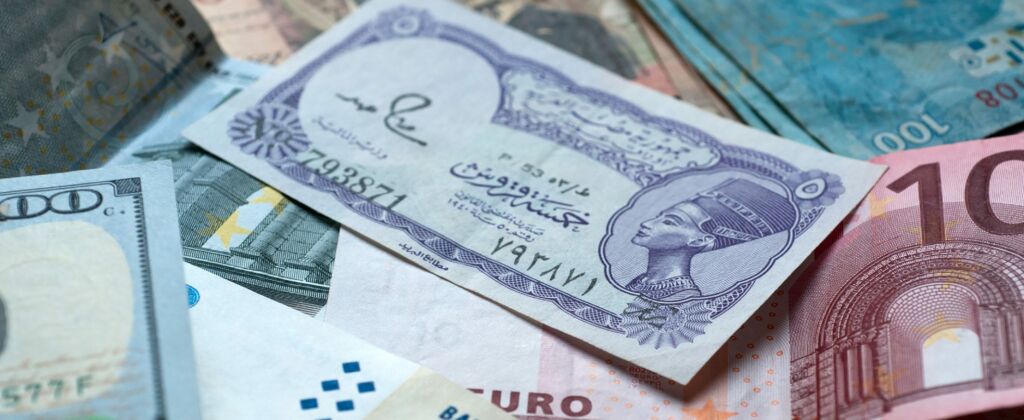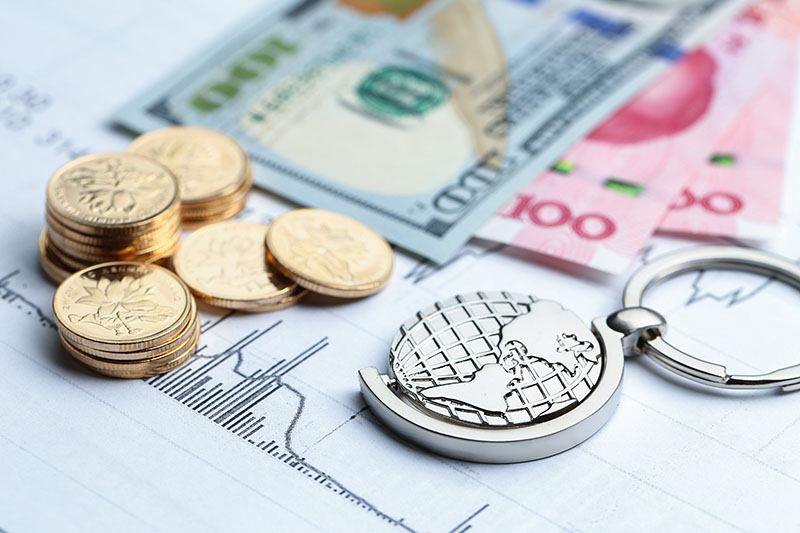Buy now pay later: solution to buy online in installments
16/12/2021Credit in purchases, which have been very popular in Brazil for quite a while, are also a recent trend in the international markets. Find out how Buy Now Pay Later works and its benefits.

Buy now, pay later. A new trend that has attracted especially young people and e-shoppers in Europe and the United States is already an old habit for Brazilians. Payments in installments are a common practice for sales in this country, long before the emergence of e-commerce, through credit cards, for example which has always been available for both offline and online purchases. Buy Now Pay Later – or BNPL – is an interesting addition in the online payments world, with benefits for both sellers and buyers.
Buy now, pay later: benefits for retailers and consumers
The option of financing the value of a purchase in installments can be decisive the completion of a sale, especially when we are talking about products with high prices. In markets used to installments, such as Brazil, not making installments available can be an added reason for abandoning the shopping cart during the checkout process.
On the other hand, offering installment in online payments can increase the average ticket value. In 2018, Ebit already estimated that classes C and D would be responsible for almost 80% of what is sold on the internet. When we analyze Brazilians’ shopping carts, we see that among the most purchased products are smartphones, games and furniture, which in general are expensive products. The need to offer means for financing the purchases for this audience to help their purchasing power to be increased is clear.
In the United States, The Ascent company surveyed 2000 Americans regarding their shopping habits involving “Buy Now, Pay Later” in July 2020 and March 2021. The comparison between the two surveys showed a 50% growth in usage of the BNPL. Another interesting fact is that 53% of those who have never used this facility when making payments say they intend to try it out soon.
Buy now pay later is an alternative to include the unbanked population
BNPL is also a solution to serve consumers who do not have a bank account. Worldwide, about 1.7 billion people find themselves in this situation. In Brazil, according to data collected by the Locomotiva Institute in January 2021, there are 16.3 million unbanked, while 17.7 million declared the they have used their bank account in the previous month. Together, the numbers represent 21% of the Brazilian population. This groups moves, per year, around R$ 347 billion. BNPL is an efficient payment solution for those who don’t use a bank: it’s like buying credit online. Thanks to this it becomes possible to buy online in installments using Boleto, for example.
Installments: the Brazilian payment method that crosses borders
Buy Now Pay Later allows consumers to pay for their purchases in installments and to be billed over a defined period of time, in a similar model to a loan. In other words, the customer does not need to have the total value of the product he wants at the time of purchase to complete the transaction. This method goes back to what installment payment means in Brazil, including why it does not depend on the consumer having a credit card to have access to installment payments.
Generally, the intermediary between the customer and the retailer is a payment fintech. Who assures the merchant that he will receive for the sale made is the financial institution involved in the transaction, which will request the customer’s data, analyze it virtually and approve or not the purchase. Then, the consumer chooses the number of installments and can complete the transaction.
Payment in installments is a well-established habit in Brazil and in some other Latin American countries. A survey by the Datafolha Institute, carried out in early 2021, shows that 75% of Brazilians who use credit cards have the habit of paying in installments for purchases of products or services, and it makes clear that this payment method must be available to the consumer.
The Brazilian financial system is an example of security, convenience and practicality for many developed countries. Payment methods such as Boleto and the development of other solutions to streamline and simplify financial transactions began to be part of the country’s economic culture since the end of the 1980s.
But before that, from 1950 onwards, expressions such as “opening a credit card” basically meant what “buy now and pay later” means now: both are a kind of micro loan made for the purchase of products or the contracting of services.
Accept installment payments in your e-commerce: Bexs Pay can help you
With the integration of Bexs Api based system, it is possible to sell in installments and guarantee a local customer experience. Bexs Pay has the digital payment solution your e-commerce needs. Accept all forms of payment in Brazil and receive your sales anywhere in the world. Contact us!
